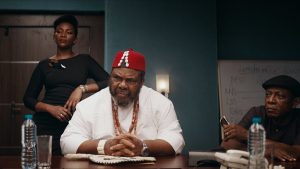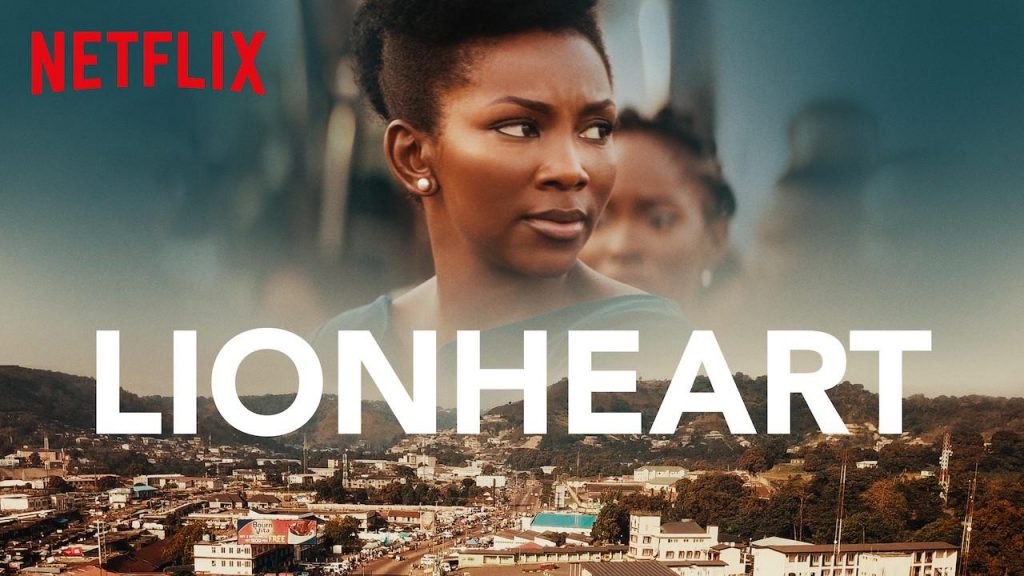For a moment it felt like the big one was about to happen to Nigeria’s multimillion-dollar film industry when news broke that blockbuster movie, Lionheart was making it to the Oscars in America.
Typical of Nigerians when global recognition happens, we stormed social media with words of pride and encouragement for the director and superstar actress, Genevieve Nnaji.
We are all disappointed now after “Lionheart” was disqualified because it violates an Academy rule that entries in the Best International Feature Film category must have “a predominantly non-English dialogue track.”
In simple English, a Nigerian movie has been rejected because we spoke too much English in it. Ridiculous as it seems, this verdict highlights the reality of our society that we have refused to embrace.
Indeed, as Ms Nnaji said in her reaction, “We did not choose who colonised us” as a people. We are a diverse nation united by the language handed to us by British colonial masters and with which we run all our business.
Make a local language movie and you will be placed in the box of regional Nollywood markets now identified by the coining of words like Yollywood and Kannywood that usually do not offer much market success.
Asides licensing to the likes of Africa Magic and some VOD platforms, selling a few DVDs in Oshodi, Upper Iweka or Kano, there is currently not much left to do with movies made in local languages. So, you cannot blame the producers of such movies for deliberately going for low budget productions that will not send them back to farming in their villages.
 That is why only English movie producers can dare to pump in the required budget for a cinematic project. At least they have a better chance of recouping their investment.
That is why only English movie producers can dare to pump in the required budget for a cinematic project. At least they have a better chance of recouping their investment.
But now, it appears we are simply being told that the global recognition that we crave so much will come faster with local language movies.
A Nigerian politician in his reaction to the Lionheart disqualification wrote: “The reasons given for the #Oscars disqualification of Lionheart only exposes the degree of their ignorance of the World outside of theirs, and their discriminatory and contemptuous views about African history and our ways.”
Also Read: About turning 60: A reflection on the Nigerian brand, struggles, future
Award-winning director, Ava DuVernay also felt our Oscars pain and wrote, “To @TheAcademy, you disqualified Nigeria’s first-ever submission for Best International Feature because it’s in English. But English is the official language of Nigeria. Are you barring this country from ever competing for an Oscar in its official language?”
But isn’t it time to ask ourselves if English is really Nigeria’s real official language?
In the early years of Nigerian pop music revolution, there were arguments against the efficacy of pidgin English and many argued that songs done in Pidgin English would struggle internationally, forgetting the successes late Fela Anikulapo Kuti achieved with the language.
It is 2019 and I believe that with the way Nigerian musicians now break records for fun internationally, we must agree that Pidgin English might just be that language to drive our film industry to global recognition.
It is common knowledge that an average person from most parts of the country even with absolutely no formal education will communicate with you in Pidgin English comfortably.
When politicians want our votes; they go to villages to speak Pidgin English and it works!
I believe pidgin language can offer a win-win situation for our filmmakers. You maintain a good shot at achieving box office success and Oscars will not disqualify you for “speaking too much English”.
Lionheart is a 2018 Nigerian drama film produced by Chinny Onwugbenu and directed by Genevieve Nnaji. It stars Pete Edochie, Genevieve Nnaji, and Nkem Owoh.

